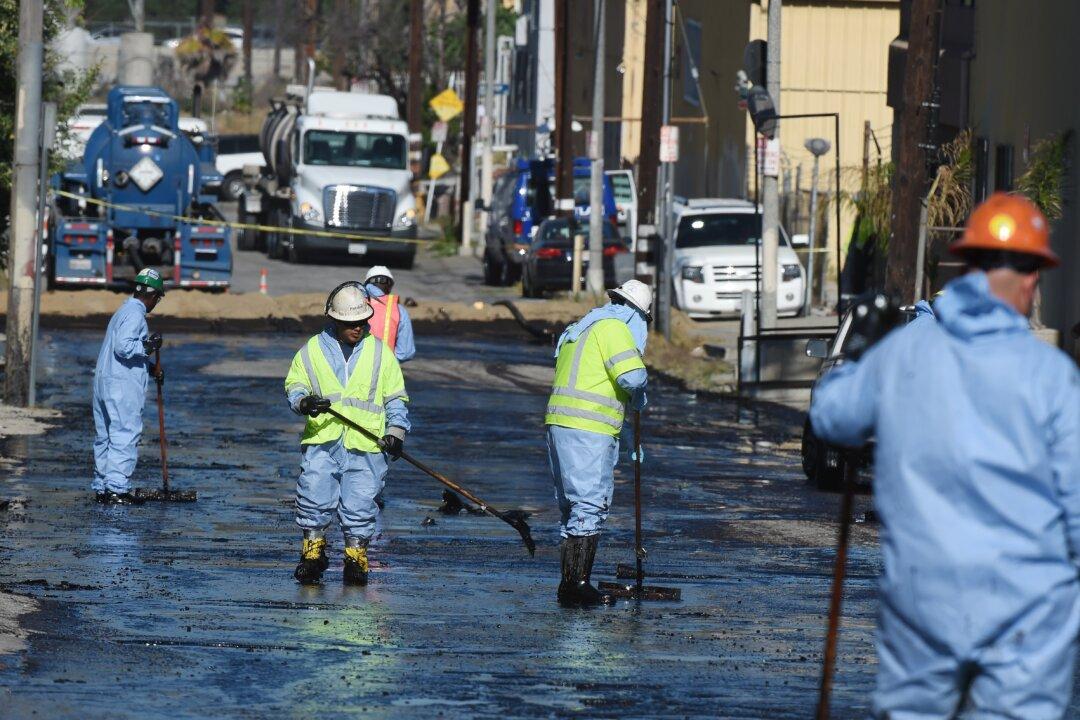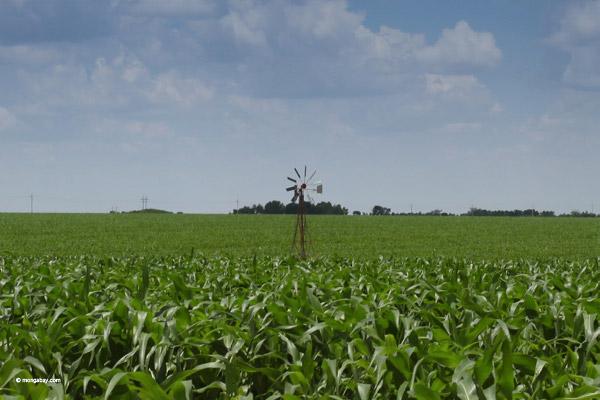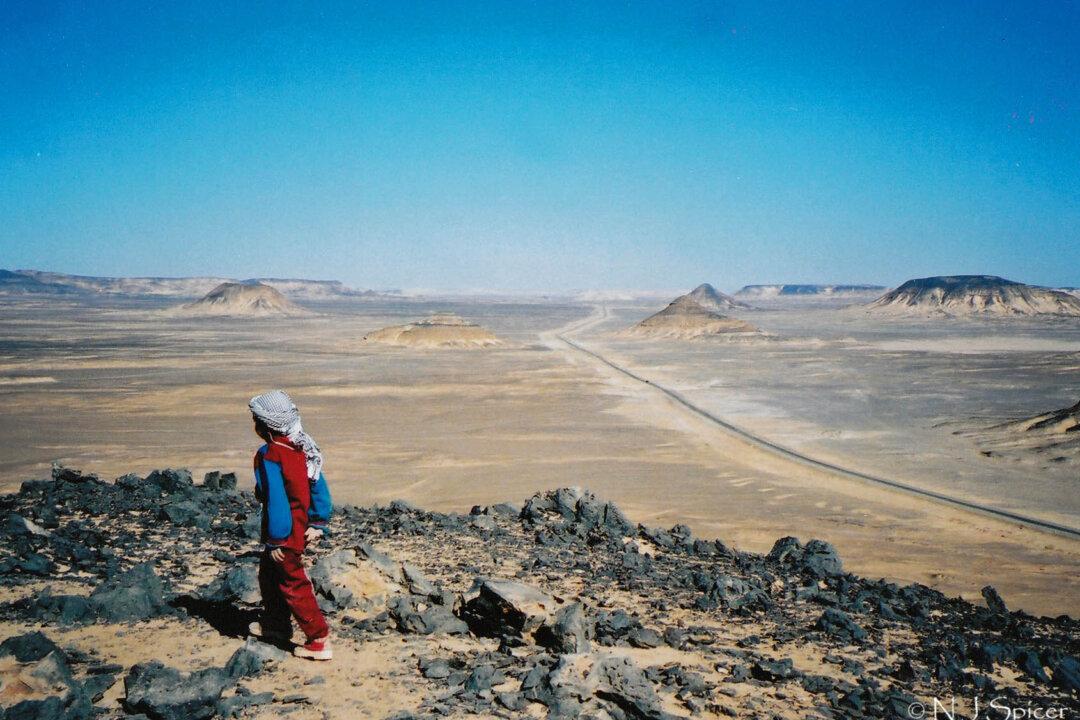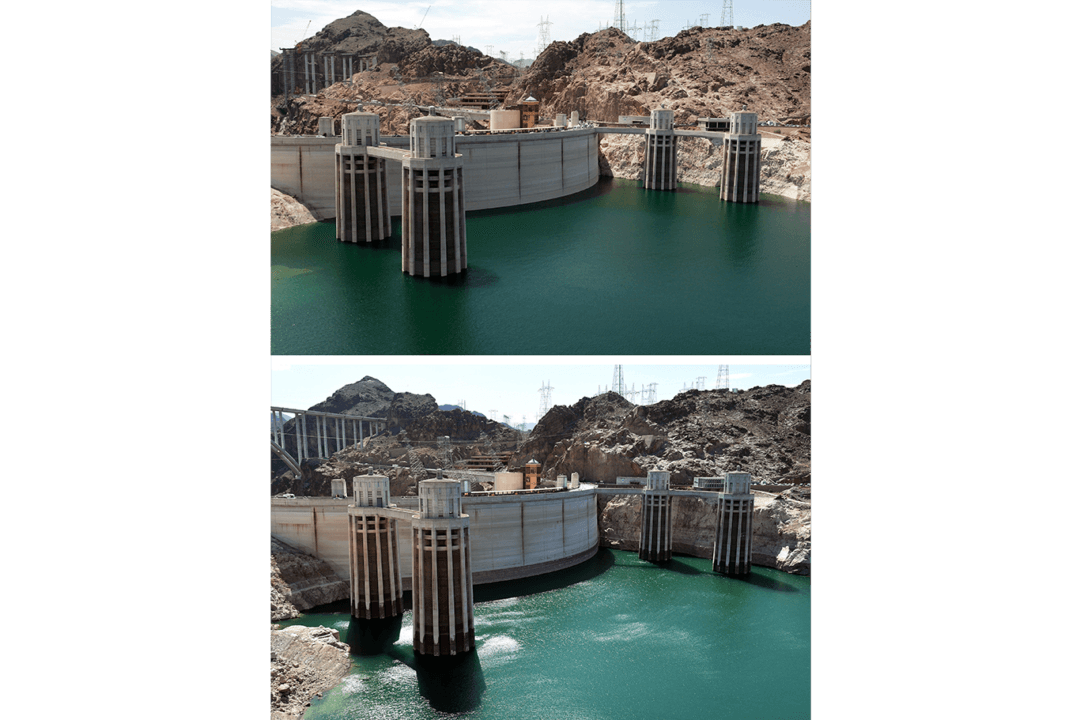What if al-Qaeda or ISIL poisoned America’s drinking water, contaminated our rivers, and used the railroads to deliver bombs that randomly exploded with deadly force in towns across the nation?
The outcry would be immediate; the perpetrators, dead in drone attacks.
But when the perps are fossil fuel executives, the government response is to give a pass to law-breaking energy companies. Legislators even facilitate their rogue status through deregulation, corporate welfare, and huge tax breaks.
Clearly this industry has found it cheaper to buy political favor than pay for basic infrastructure to insure the safety and health of Americans. As clearly, the daily assaults on our communities by big oil, coal, and gas do far more economic and human harm than do random lunatic terrorist attacks, like the horror just committed in France.
Here’s a partial reckoning for just the past year:
This January marks the anniversary of the Elk River spill, a fossil fuel-inspired disaster depriving 300,000 West Virginians of their drinking water. This leak of chemicals used to wash coal is one of the few cases listed here to result in criminal prosecution.
Last February, a barge leaked 31,500 gallons of oil and shut down 65 miles of the Mississippi River; a train derailment in Pennsylvania spilled 4,000 gallons of crude; and in North Carolina, a Duke Energy coal ash storage pond dam burst, dumping 39,000 tons of toxic sludge into the Dan River.
In March, an oil barge spilled 168,000 gallons of oil near Texas City; a British Petroleum (BP) refinery leaked oil into Lake Michigan; and Duke Energy was in the news again, cited for illegally and deliberately dumping 61 million gallons of toxic coal ash waste into a Cape Fear River tributary.
In April, a BP pipeline spewed crude in Alaska. In May, a train derailed, spilling 50,000 gallons of oil, which exploded in downtown Lynchburg, Va. Next, a pipeline burst in Los Angeles, shooting 20-foot oil geysers into the air; knee-deep crude ran in the streets. Then, two Texas oil workers died in a well explosion, underscoring an oil and gas industry fatality rate almost eight times the average for other industries.
In June, a Princeton University study determined that up to 900,000 abandoned oil and gas wells are polluting Pennsylvania’s air. An Ohio fracking well exploded, causing evacuations. In July, a study warned that 25 million Americans live within the potential “blast zone” of an oil train explosion, while Pennsylvania environmental officials admitted that fracking has contaminated the state’s drinking water over 200 times.
In August, Duke Energy was at it again, spilling 5,000 plus gallons of diesel into the Ohio River; in October, a Sunoco pipeline spill polluted a Louisiana bayou; then an Ohio fracking well explosion forced the evacuation of 400 families. In December, Duke Energy ended the year by leaking toxic coal ash into another North Carolina waterway.
And on Jan. 11, 2015, an explosion at a Lima, Ohio, oil refinery was felt 10 miles away, as it sent noxious smoke plumes skyward.
Clearly, deregulation has gone too far, safety gotten sloppy. As clearly, the fossil fuel industry is in bed with regulators and legislators. Texas, Pennsylvania, Colorado, and other fossil fuel-rich states are known for their too-cozy dealings with polluters, resulting in lax enforcement. In the Eagle Ford area of Texas, for example, 284 air pollution complaints lodged against the industry between 2010 and 2013 resulted in just two fines.
The feds don’t fare better: a 2014 study revealed that the Bureau of Land Management failed to inspect 40 percent of high-risk oil wells. And we can hardly expect the 114th Congress to rein in the industry. Over their careers, this new batch of legislators collected $99 million in campaign donations from the fossil fuel industry.
Today, the United States is heralded as the New Saudi Arabia; even as pipelines, storage tanks, wells, and trains spill and explode more often; and as the industry plays a lead role in resisting efforts to limit climate change. Step back and you see a fossil fuel industry willing to profit at all costs—damning our world, nation, communities, and children.
But no worries: this rogue industry has your back. To make amends for a 2014 fracking well explosion that killed one worker and burned furiously for four days, Chevron offered 100 terrorized Pennsylvania neighbors free pizza.
I confess to having no solution to curbing the corrupt excesses of big oil, gas, and coal. Their obscene grip on government and the rule of law has not loomed so large since the 1890s and the days of the Robber Barons. So, if you are the victim of an oil spill or frack well fire in 2015, my best advice: Hold out for the pizza.
Blue Ridge Press editor Glenn Scherer lives in Vermont. ©2015 www.blueridgepress.com.




